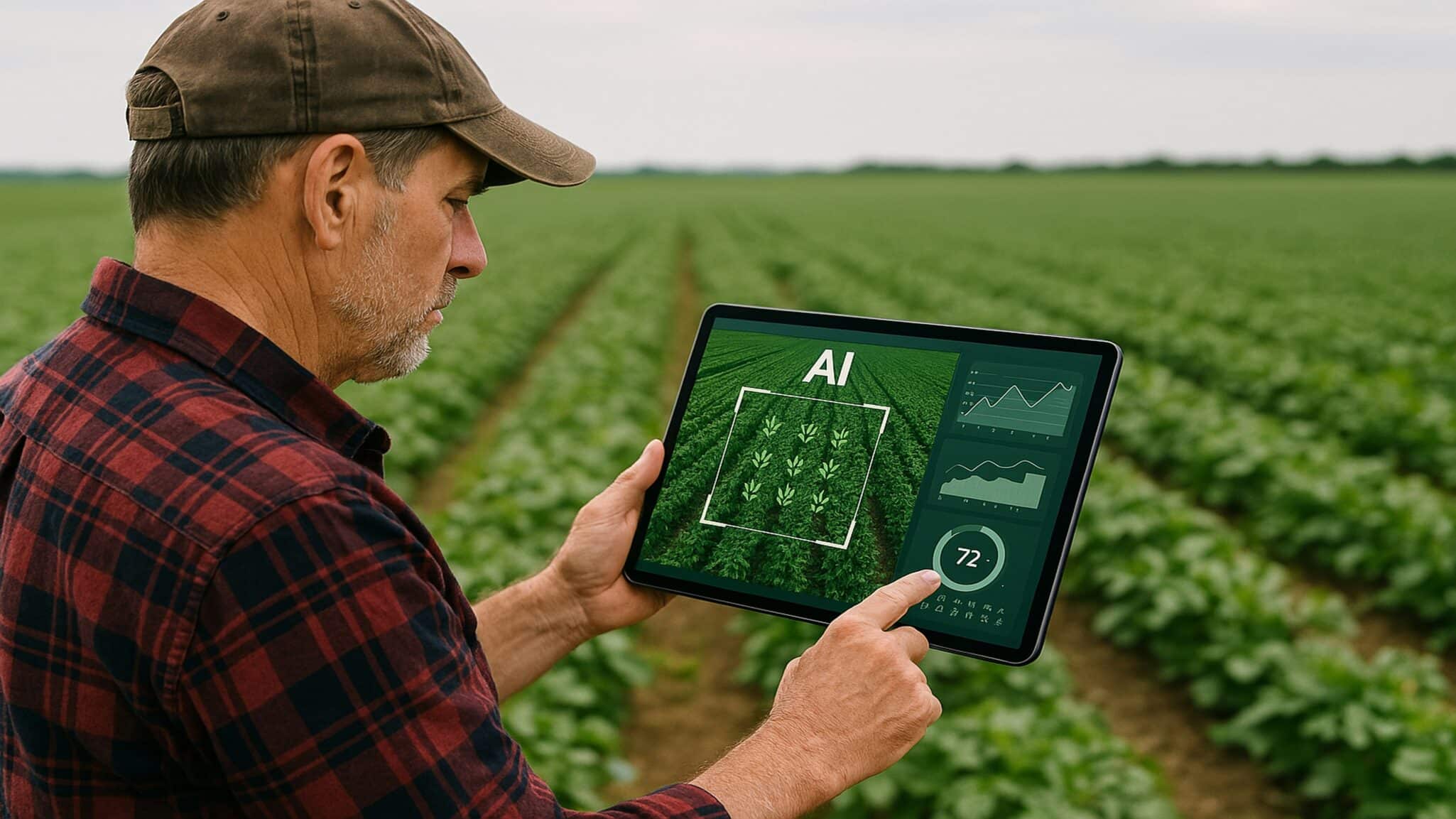Key Takeaways
- PitchBook analysis finds the One Big Beautiful Bill (OBBB) Act primarily benefits large-scale commodity farms
- Smaller farms and agtech startups see fewer direct benefits, potentially facing increased competition
- OBBB’s subsidy structure may reduce incentives for innovation and new technology adoption in agriculture
- Agtech firms could gain from restored R&D tax credits and equipment expensing provisions
- Despite fiscal support, structural barriers and declining VC funding remain key challenges for the sector
PitchBook Report: OBBB Act Shifts Focus Toward Traditional Agriculture
According to a new report from PitchBook, the One Big Beautiful Bill (OBBB) Act—enacted in July 2025—delivers substantial subsidies and financial safety nets for U.S. agriculture but does so in a way that primarily benefits large, established farms. This has raised concerns about its implications for innovation in the agricultural technology sector.
While the bill is expected to enhance financial stability for commodity producers through increased reference prices, expanded crop insurance, and additional base acres, PitchBook analysts argue that the policy framework favors incumbency and scale. Farms with over $1 million in annual sales—representing less than 0.3% of all U.S. farms—are projected to capture the majority of benefits.
PitchBook: Limited Incentives for Innovation
The PitchBook report emphasizes that the OBBB Act may unintentionally dampen the drive for operational innovation. By reducing income volatility through government support, the urgency for farms to adopt new tools or technologies—such as automation, precision irrigation, or data analytics—could decrease. This dynamic may hinder technology adoption and reduce the addressable market for agtech solutions, particularly among small and midsized farms.
Despite this, certain provisions of the bill—such as the restoration of immediate R&D expense deductions and increased Section 179 equipment expensing limits—offer meaningful advantages to agtech companies. These tax changes may improve cash flow and make technology purchases more appealing to larger farm operators.
Opportunities and Risks for AgTech Firms and Investors
According to PitchBook, agtech startups stand to benefit indirectly from a stronger financial position among potential customers, especially through enhanced depreciation and clean fuel credits. However, market consolidation and limited resources among smaller farms may restrict technology adoption.
Investors may find new opportunities in companies that can demonstrate clear paths to profitability, but structural challenges persist. These include long development cycles, regulatory complexity, and ongoing policy uncertainty—especially with the Farm Bill extended only through 2025.
Pitchbook's Outlook Remains Cautious Amid Funding Decline
The broader investment climate presents additional hurdles. PitchBook notes a 55% decline in global agtech VC funding between 2020 and the first half of 2025. Agtech firms face increasing investor selectivity and heightened expectations for short-term results. Without stronger demand for innovation or broader adoption of new technologies, funding challenges could persist.
While the OBBB Act enhances traditional farm support, PitchBook concludes that its net impact on agtech is mixed—providing some financial and tax-related benefits, but failing to address core structural issues that limit sector growth.
Read the entire report here.


